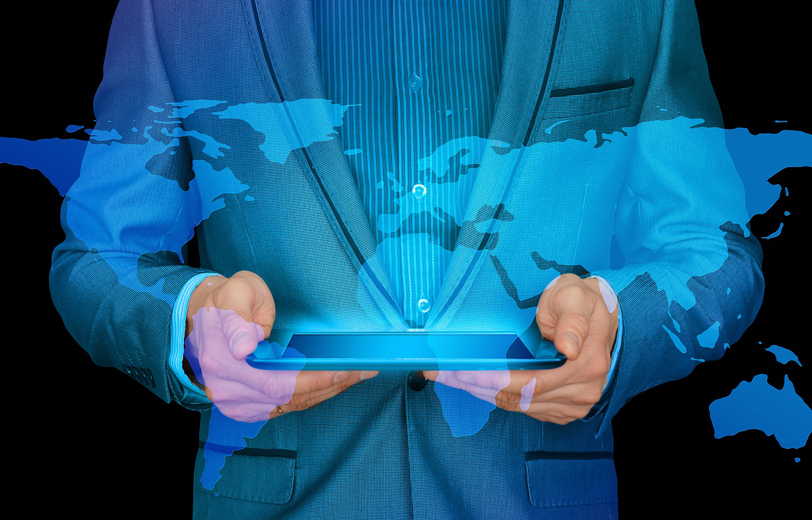ABOUT
ABOUT

THIS YEAR'S THEME
THIS YEAR'S THEME

The World since the Pandemic: ‘Solidarity’ via ‘Connectivity’
The world is an increasingly fast-paced, connected place. The pandemic is a stark reminder of the interconnected and interdependent nature of the world. At the same time, digital technology is an enabler behind the transition toward hyperconnectivity. We are not immune to disasters on the other side of the globe, nor are we safe until everyone else is.
In the age of pandemic, the 11th ASIA Future Forum seeks to examine the evolving crisis and changes brought by the virus and take an in-depth look at the discourse and solutions required to shape the post-pandemic era. Now is the time to take a new approach to understand our most complex challenges and set out a new plan to address the global risks. To this end, the forum seeks to present a new post-pandemic paradigm for global solidarity, cooperation, and co-existence.
One of the lessons learned from COVID-19 is that closing borders and raising walls cannot be the solution to the crisis. Although the virus's blow to the global community is massive, people of the 21st century should not hide behind walls. Isolation and containment can only serve as short-term measures, not fundamental solutions. The world desperately needs international cooperation and solidarity with civil society to prevent global disasters such as climate calamity and minimize damage. Cooperation and solidarity are thus the only way toward the restoration of humanity.

According to Klaus Schwab, author of
The COVID-19 pandemic has triggered the need for a paradigm shift by reshaping the global order and shattering the illusions of Neoliberalism in particular. Pandemic waves, global disasters such as climate change, deepening inequality, hatred, and risk society all require global responses.

Although the COVID-19 pandemic has caused an unprecedented humanitarian crisis, we must pay attention to the fact that the virus does discriminate by targeting the most vulnerable. The pandemic has revealed gender inequality and struck workers by intensifying fears of layoffs and job loss. Moreover, it put on extra pressure on women who scramble to balance their work with household and shoulder unpaid care work.
The Fourth Industrial Revolution or Globalization 4.0 has opened a new chapter for humanity. As post-work and massive unemployment become the new normal, the world stands at a critical juncture. With the pandemic, the hyper-connected society has fundamentally changed how people live. With changes still in progress, only one thing is clear. The great transformation has begun. The private and public sector and civil society's role is more critical than ever as each player needs to develop the agility to stay ahead of change. Now is the time to create the future we want.
